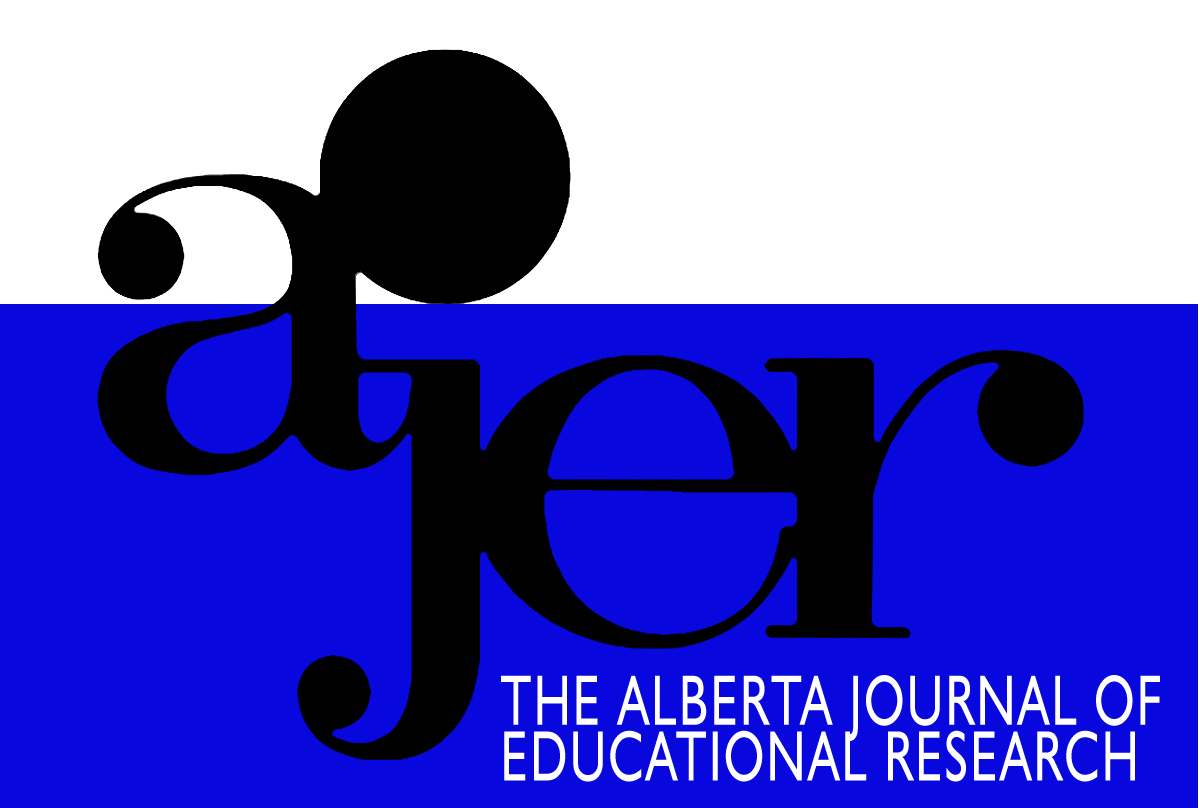Evangelizing Eugenics: A Brief Historiography of Popular and Formal American Eugenics Education (1908-1948)
DOI:
https://doi.org/10.55016/ojs/ajer.v58i4.55683Keywords:
Eugenics, Eugenics Education, Civic-Biology, American Eugenics MovementAbstract
This article examines the history of the American Eugenics movement’s penetration into the formal and popular educational milieu during the first half of the 20th Century, and includes a review of some recent scholarly research on eugenic themes in education and popular culture.Apologists have dismissed the American Eugenics movement as a shortlived, racist, reactionary, and pseudoscientific aberration that was already dying long before the collapse of the Third Reich. Many official histories of biology and various social science disciplines including education were sanitized to expunge or trivialize the involvement of a host of important prophets, disciples, and evangelists in the eugenics movement. It was also common to divorce the research and statistical methods developed in the service of eugenics from their inspiration and original application to Galton’s secular religion of human betterment.
In the last few decades, however, a new generation of scholars began to re-examine and illuminate the breadth and depth of the eugenics movement: its devotees and devotees’ actions and influence on their professions or academic disciplines and on society. These scholars also looked into how eugenics penetrated educational thought, curriculum, courses, and texts; thereby, revealing a panoply of overlapping interests, academic programs, organizations, and influential individuals that fatefully intersected and synergistically recombined into a powerful social movement throughout the first half of the 1900s.
Cet article examine l’histoire de l’invasion des milieux formels et informels de l’éducation par l’eugénisme américain au cours de la première moitié du 20e siècle. On y présente également une brève étude de la recherche récente sur des thèmes portant sur l’eugénisme dans l’éducation et la culture populaire.
Des apologistes ont écarté l’eugénisme américain en l’interprétant comme une aberration de courte durée, raciste, réactionnaire, pseudo-scientifique et qui était déjà moribonde bien avant l’écroulement du Troisième Reich. Plusieurs versions historiques officielles dans les domaines de la biologie et des sciences sociales, y compris l’éducation, ont été épurées de sorte à supprimer ou à banaliser l’implication d’une foule de prophètes, disciples et évangélistes importants dans le mouvement eugénique. Il était également courant de complètement séparer la recherche et les méthodes statistiques développées au service de l’eugénisme de leur inspiration et application originales puisées dans la religion séculaire de Galton visant l’amélioration de la condition humaine.
Au cours des dernières décennies toutefois, une nouvelle génération de chercheurs ont commencé à examiner et à éclaircir la profondeur et l’ampleur de l’eugénisme en étudiant ses dévots, leurs actions et l’influence de ceux-ci sur leurs professions, leurs domaines académiques et la société. Ces chercheurs ont également étudié la pénétration par l’eugénisme de la pensée pédagogique, des programmes d’étude, des cours et des manuels, révélant ainsi une panoplie d’intérêts chevauchants, de programmes académiques, d’organismes et de personnages influents qui se sont recoupés de façon décisive et se sont recombinés par synergie en un puissant mouvement social pendant toute la première moitié du 20e siècle.
Downloads
Published
Issue
Section
License
UNIVERSITY OF ALBERTA COPYRIGHT LICENSE AND PUBLICATION AGREEMENT
If accepted, authors will be asked to sign a copyright agreement with the following points:
A. Where there is any inconsistency between this Copyright License and Publication Agreement and any other document or agreement in relation to the same subject matter, the terms of this Agreement shall govern.
B. This document sets out the rights you are granting in relation to publication of your article, book review, or research note entitled (the “Article”) through inclusion in the academic journal titled Alberta Journal of Educational Research (the “Journal”) published through the Faculty of Education, representing the Governors of the University of Alberta (the “Journal Editor”).
C. There will be no payment to you for this publication and grant of rights. In consideration of the agreement to publish the Article in the Journal:
1. You are warranting that:
- the content of the Article is your original work, and its content does not contain any material infringing the copyright of others; or, where the Article is not entirely your original work, you have obtained all necessary permissions in writing to grant the rights you are giving in this agreement;
- the content of the Article does not contain any material that is defamatory of, or violates the privacy rights of, or discloses the confidential information of, any other person;
- the Article has not been published elsewhere in whole or in part, and you will not allow publication of the Article elsewhere without the consent of the Journal Editor;
- the names of all co-authors and contributors to the Article are:
2. You agree to license the copyright in the Article to the Journal Editor, on a worldwide, perpetual, royalty free basis; and to the extent required by the terms of this agreement. You shall retain the right at all times to be acknowledged as the/an author of the Article.
3. You further agree that the Journal Editor has the entitlement to deal with the Article as the Journal Editor sees fit, and including in the following manner;
- The right to print, publish, market, communicate and distribute the Article and the Journal, in this and any subsequent editions, in all media (including electronic media), in all languages, and in all territories, ing the full term of copyright, and including any form of the Article separated from the Journal, such as in a database, abstract, offprint, translation or otherwise, and to authorize third parties to do so;
- The right to register copyright of the Journal;
- The right to edit the Article, to conform to editorial policy as the Journal Editor sees fit.
4. If any co-author or contributor to the Article does not sign this agreement, the Journal Editor reserves the right to refuse to publish the Article.



